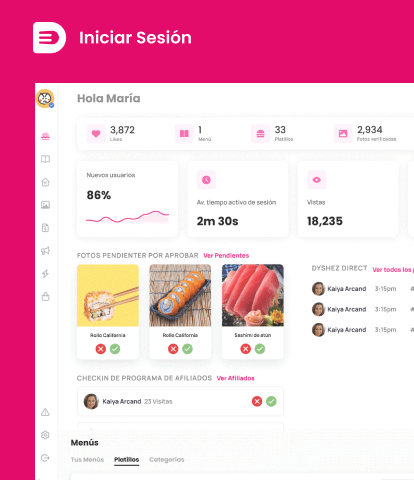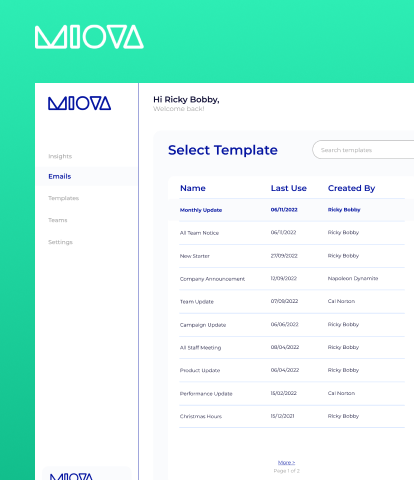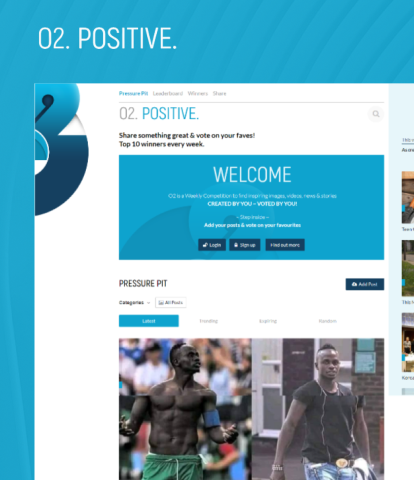Vue.js is one of the leading JavaScript frameworks for building modern web apps and high-performance interfaces. To take full advantage of its capabilities, developers must deeply understand fundamental concepts, from the basics of Vue.js to the tooling of the modern web. Solid fundamentals in JavaScript, state management and component architecture are necessary to create stable and maintainable apps.
Next to coding skills, one should know some responsive design, version control systems, and RESTful APIs. Soft skills, like good communication and problem-solving, are as important as technical skills because they allow developers to collaborate productively, keeping the user at the centre.
Staying up to date with technical trends and technologies, like TypeScript and CI/CD, for instance, is also part of a VueJS developer’s repertoire because it helps them build modern applications.
1. Proficiency in JavaScript
Since Vue.js relies on JavaScript, a developer must be proficient in writing clean, concise and performant JavaScript code. The use of new ES6+ features like arrow functions, destructuring and async/await is a must to exploit to the fullest the capabilities of Vue.js.
2. Understanding of Vue.js Core Concepts
Mastering core Vue.js concepts allows you to successfully perform deep changes on the Vue instance, which you especially need when building apps. For instance, you need to understand how reactivity works for dynamic data binding, how to use directives for lazy loading images, and how to use Firebase for data sync.
3. HTML and CSS
HTML and CSS are necessary to create structured and visually appealing web interfaces and also to translate design requirements into responsive layouts that are implemented in a cross-browser and cross-device friendly manner.
4. State Management
Smart management of the state (with a tool like Vuex or the like) is key to building a good application that knows how to update itself. Developers should be able to keep data flowing and reacting in a consistent manner.
5. Component Architecture
Knowledge of create dynamic routing gives Vue.js developers the ability to engineer modular, reusable components, resulting in higher maintainability and scalability of the application due to a more dividable, monolithic codebase.
6. Vue Router
The concept of Vue Router is crucial in order to create dynamic routing and handle navigation on Vue.js based applications. Routes should be set up, parameters of routes should be handled, and the developers should implement navigation guards.
7. Tooling
Knowledge of plugins and conventions including Vue CLI, Vue Devtools and build tools such as Webpack and Babel will also help as these tools make Vue.js development faster, easier and more efficient.
8. Version Control
Solid working knowledge of version control systems – ideally with Git – is necessary to manage code changes and their impact on live and still-developing systems. It is also necessary to keep the history of changes and help different members of a team to collaborate effectively.
9. Responsive Design
Good designers of responsive applications know how to make their apps look good on screens of all sizes. So a good vue developer will shine if they know how to ensure their components can adapt their layouts to smaller and bigger screen sizes. This is done by adding flex classes or media queries.
10. Understanding of RESTful Services/APIs
Make sure your developers have a strong understanding of RESTful services and how to use APIs to connect to external data sources and backend services. They should be capable of fetching, sending and manipulating data via HTTP requests with a Vue.js app.
11. Basic Understanding of Backend Technologies
Although Vue.js is primarily a frontend framework, a Vue.js developer needs to have a little knowledge about backend technologies and databases to talk to backend teams and fully understand fullstack development.
12. Debugging and Performance Optimization
Developers should also be proficient in debugging skills and performance optimisation, such as making programs run more efficiently. Focus should also lie on ensuring that application runs faster and more responsively. They must know to write cleaner code, learn new languages as needs arise and fix any and all errors or bugs that creep in.
13. Communication Skills
It is very helpful to have strong communication skills, as team members’ and stakeholders’ questions about the application must be handled. A Vue.js developer must be able to explain ideas, update the status and handle questions and critiques in a thoughtful manner.
14. Problem-Solving
Good analytical skills will allow developers to come up with solutions to hard problems and optimised workarounds. A Vue.js developer should be able to tackle problems, break down a problem statement, think logically, arrive at a solution and execute it.
15. Empathy
The role of a developer working with Vue.js (or anything else) is to understand user needs, think about the kinds of people who will use the application, and provide a way to interact with the work that brings them value while minimising difficulties.
16. Openness to Feedback
Accepting and following feedback hastens the iteration process by encouraging developers to try new things that might improve a script or better align with project goals. Vue.js coders should be open to feedback and ready to pounce on recommendations that might help them improve their product.
17. Familiarity with TypeScript
Adding TypeScript enhances the quality and maintainability of your code by providing the benefits of static typing and TypeScript’s advanced features. When Vue.js developers are well-versed in TypeScript, they can write more robust and resilient code that resists errors.
18. Experience with Testing
Developers should know how to use testing frameworks such as Jest or Mocha to ensure the integrity of their code. Vue.js developers should be able to write unit tests, integration tests and do actual end-to-end testing to verify functionality.
19. Knowledge of Vue 3 Features
Having a good grasp of the new Vue 3 features, specifically the Composition API and Teleport (which enables me to move UI elements anywhere in the DOM without defining their parent node), helps me take advantage of the innovative features in the framework. Whenever you decide to hire Vue.js Developer, they should keep abreast of the latest changes and best practices in Vue.js.
20. Continuous Integration/Continuous Deployment (CI/CD)
Possessing the experience of the CI/CD pipelines also guarantees that code is frequently tested and is deployed as efficiently as possible. Vue.JS devs should be familiar with the automation tools and processes to execute the testing, building and deployment cycles, thus increasing the efficiency of the development process.







